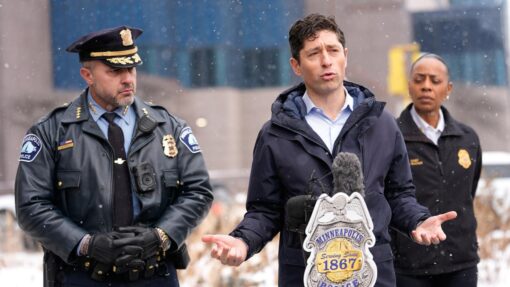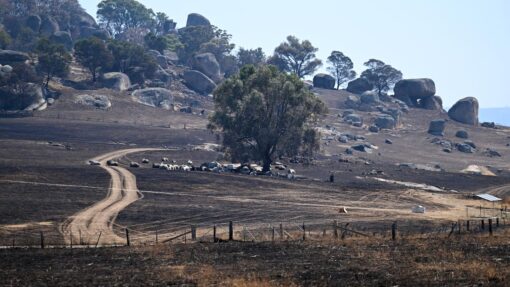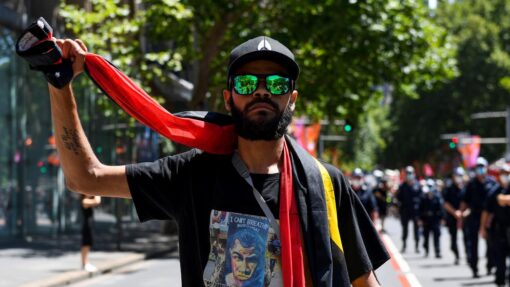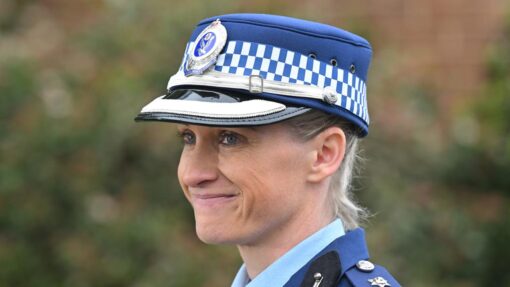Consultation ‘oversight’ in clinic closure
Tim Dornin |
Local Aboriginal staff should have been consulted before health clinic nurses and doctors were evacuated from a remote Northern Territory community in what turned out to be hours before the fatal police shooting of an Indigenous teenager, an inquest has been told.
The NT coroner is investigating the death of Kumanjayi Walker, who was shot and killed by a police officer during a bungled arrest attempt in Yuendumu in 2019.
Just before the shooting, staff at the local health clinic were evacuated amid safety concerns over a spate of break-ins at their homes.
The inquest previously heard that police, community elders and Aboriginal health clinic staff were not consulted before the decision was made.
Giving evidence on Friday, NT health official Helen Gill said it was an “oversight” not to include Aboriginal clinic staff in the conversation.
She agreed they needed to feel like they were part of the decision-making process and that they were not just being notified after the fact.
She also agreed that they could have important input as Indigenous professionals.
But Ms Gill rejected suggestions that the process undertaken by health officials discriminated against those staff members.
“I agree that they were not included (in the discussions) but I don’t agree that I was racist in that manner,” she said.
Counsel assisting said it was not suggested that Ms Gill herself was racist but rather that no Indigenous member of the local Warlpiri community was included in the conversation.
“I accept that,” Ms Gill responded.
She also told the inquest that she was aware community elders were angry they were not consulted about the decision to evacuate staff.
Meanwhile, an advocacy group has called for more Indigenous people to be trained as health professionals.
Central Australian Aboriginal Congress chief medical officer for public health, John Boffa, said there was a shortage of Aboriginal health practitioners, nurses and doctors in the NT.
“We’ve got a workforce crisis like we haven’t seen since the mid-90s,” he said on Friday.
“At a time when we know what a difference access to primary health care makes.”
Congress chief executive Donna Ah Chee said the primary healthcare service was calling for more Indigenous health workers to be trained.
“If we want to get more Aboriginal doctors, more Aboriginal psychologists, more Aboriginal nurses then we’ve got to increase the access to cadetships,” she said.
She agreed that having more Aboriginal health workers in communities improved residents’ health overall and were a source of advice for non-Aboriginal health workers and other stakeholders.
“They’re our contacts to the community as well,” she said.
Dr Ah Chee said communities should be empowered to control and manage their own health care.
“It’s an expression of self-determination. It is about Aboriginal people taking responsibility,” she said.
Dr Ah Chee was critical of the complex healthcare model employed in Yuendumu in 2019.
It was a shared arrangement where NT Health managed the medical clinic, Aboriginal health workers and nurses while the congress provided the general practitioner and some other medical services.
“It’s way too difficult,” she said.
“You either have an NT government clinic or you have Aboriginal community control.”
The inquest resumes on Monday.
AAP


